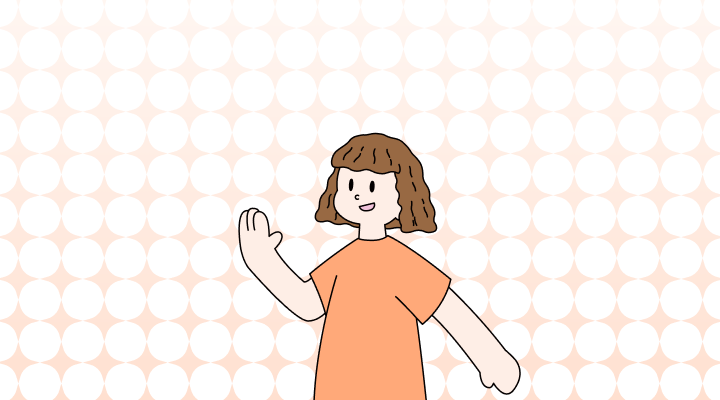- "Bye" is a colloquial abbreviation for "goodbye," commonly used as a casual and informal way to bid farewell or part ways with someone.
- "By" is a preposition indicating a method, means, or agent involved in an action or the proximity of something in time or space. It can also denote the actor in a passive construction or express the period during which something happens.
🏞️ She painted a beautiful landscape by the river, inspired by the vibrant colors of the setting sun.
When to use bye or by
The words "bye" and "by" have different meanings and uses, so choosing the right one depends on the context. Here's a breakdown:
Bye
- Short for "goodbye": This is the most common use of "bye." It's an informal farewell used in spoken and written communication.
- Sports term: In some sports, "bye" refers to a round in a tournament where a team advances without playing due to lack of opponents.
By
- Preposition: This is the most versatile use of "by." It shows location, means, agent, manner, and more. Examples: "by the river," "by tomorrow," "written by Shakespeare."
- Adverb: As an adverb, "by" means "near" or "at hand." Example: "The phone is right by me."
- Part of expressions: "By and by" means "later" or "after a while," while "by the by" (or "by the bye") means "incidentally" or "by the way."
Here's a helpful trick to remember
- Bye: Think of it as saying "farewell," which has two "e"s, just like "bye."
- By: Think of it as having many uses, like a busy bee going "by" different things.
"Bye" is a casual farewell, while "by" is a preposition indicating proximity or means. Remember, use "bye" for farewells, and "by" to convey location or method. Practice distinguishing their roles in sentences to ensure accurate usage in different contexts.
Example sentences
Bye
- As the train pulled away from the station, Alex shouted, "Goodbye! See you soon!"
- After a warm hug and a smile, Emily whispered, "It's hard to say bye, but we'll meet again."
- With a cheerful wave, Jake bid his colleagues farewell, saying, "Bye, everyone! Enjoy your weekend!"
- Sophia sent a quick text, "I have to run now. Bye!" before ending the call.
- At the airport, tears welled up in Lily's eyes as she hugged her family, saying, "It's not a permanent goodbye; we'll reunite soon."
By
- Emily decided to express her gratitude by sending a handwritten thank-you note to her mentor.
- The marathon runners sprinted by, cheered on by enthusiastic crowds lining the streets.
- The beautiful sunset cast a warm glow, painting the sky in hues of orange and pink as seen by those on the beach.
- The project's success was achieved by the collective efforts of a dedicated team working tirelessly.
- By understanding different perspectives, we can foster empathy and build connections in our diverse global community.
Examples from the web
Bye
"All right, good luck, bye.' With that, the phone goes dead." - The Guardian - Lifestyle
"Good bye to politics." - The Guardian
By
"But by whom?" - The New York Times
"He is survived by his wife and children." - The Guardian

Usage of bye or by
In the first graph, we can see that "by" is used much more frequently than "by."

Unlike the first graph, in this second graph, we can see that "bye" is used quite often. This also emphasizes how frequently "by" had been used from the 1800s to now.

FAQ
Is Bye grammatically correct?
Yes, "bye" is grammatically correct. It is an informal and abbreviated form of "goodbye," commonly used to bid farewell. It is acceptable in casual conversations, messages, and situations where a brief and friendly departure is appropriate.
Is it days gone by or bye?
It is "days gone by." The phrase "days gone by" refers to past days or times that have passed. "Bye" on its own means farewell, while "by" is a preposition. In this context, it's "days gone by," emphasizing the passage of time.
What can I use instead of by?
In lieu of "by," alternatives include "through," "via," "using," "with," or "alongside," depending on the context. Selecting the appropriate substitute depends on the specific meaning or relationship you wish to convey within the sentence.
Summary
So, there you have it! With this knowledge, you'll never confuse "bye," and "by" again. Go forth and use them confidently in your writing and speech!

Want to sound like a native speaker?
Engram’s AI-powered grammar checker makes your English sound like a native speaker’s, suggesting natural English expressions on top of fixing grammar, spelling, punctuation, word order, and vocabulary.

References:















